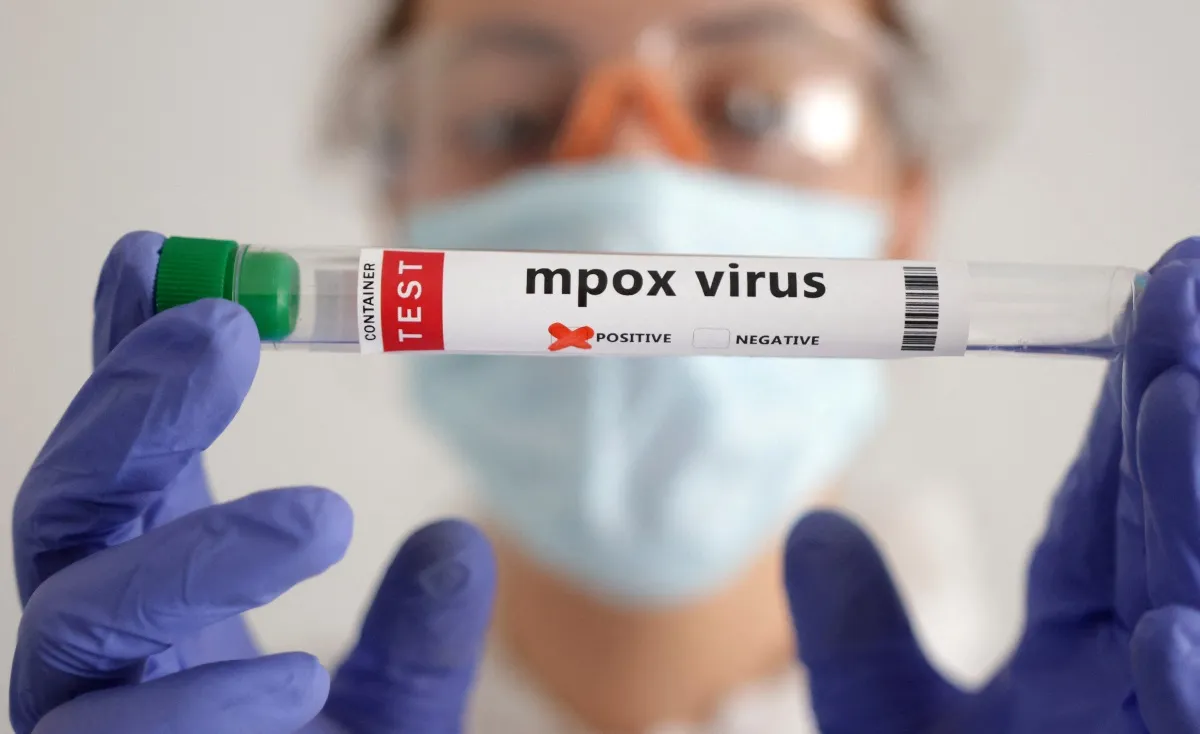International credit rating agency, Fitch Ratings, has raised concerns that the ongoing Mpox outbreak could negatively impact the economic activities and fiscal stability of African nations, particularly in sub-Saharan Africa.
In a report released on Wednesday, Fitch highlighted the potential economic risks associated with a widespread Mpox outbreak, noting that efforts to control the virus could strain economic activity and weaken fiscal metrics in affected countries. This would exacerbate the already difficult conditions for those directly affected by the virus.
Fitch suggested that while the economic impact could be significant, the financial burden might be partially mitigated by increased donor funding and support from international and multilateral organizations.
The warning follows recent data from the Nigeria Centre for Disease Control and Prevention, which reported 40 confirmed Mpox cases out of 830 suspected cases across Nigeria. The Africa Centres for Disease Control and Prevention has also declared Mpox a continental public health emergency as of August 13.
Several sub-Saharan African countries with Fitch-rated sovereign bonds, including Cote d’Ivoire, Kenya, Rwanda, South Africa, and Uganda, have reported confirmed Mpox cases in recent months. Although the number of confirmed cases remains relatively low, Fitch expressed concerns about potential underreporting in some regions.
“The emergency declaration highlights the potential for case numbers to rise sharply, bringing the prospect of financial pressure for affected sovereigns,” Fitch stated. The agency drew parallels between the current situation and previous virus outbreaks, such as the COVID-19 pandemic and the 2014-2015 Ebola epidemic in West Africa, which significantly hampered economic growth and widened budget deficits in the affected countries.
Fitch warned that if Mpox cases were to rise substantially, the virus’s impact on economies would likely be felt most acutely in consumption and production sectors. The tourism industry, which is crucial for economies like Kenya, Rwanda, and Uganda, could be particularly vulnerable, with tourism accounting for 11%, 20%, and 19% of total goods and services export earnings in these countries in 2022, respectively.
Additionally, Fitch cautioned that managing inflationary pressures could become challenging, especially if food production or logistics are disrupted. The agency also pointed out that weaker economic activity would reduce tax revenues, while governments would face increased spending on healthcare and epidemic-prevention measures. Although international aid could help mitigate these effects, Fitch noted that the timing and extent of such support remain uncertain.
Fitch referenced the World Bank’s estimates from the 2014-2015 Ebola outbreak, where grants to Liberia, Sierra Leone, and Guinea reached nearly 19%, 10%, and 5% of GDP, respectively. Despite this assistance, budget deficits in these countries were significantly higher during that period, even with the inclusion of grants.
Fitch concluded that the rating effects on affected sovereigns would depend on the severity and duration of the Mpox outbreak, as well as the availability and magnitude of donor support.
In related news, the United States recently donated 10,000 doses of the Jynneos vaccine to Nigeria. This vaccine, approved by the U.S. Food and Drug Administration, is used to prevent smallpox and Mpox in adults at risk of infection.
Mpox, a rare viral zoonotic disease primarily transmitted from animals to humans, occurs sporadically in remote villages of Central and West Africa. The virus, belonging to the Orthopoxvirus genus, has led to over 15,000 suspected cases in 12 African countries this year, with more than 3,500 cases confirmed and 26 reported deaths.




